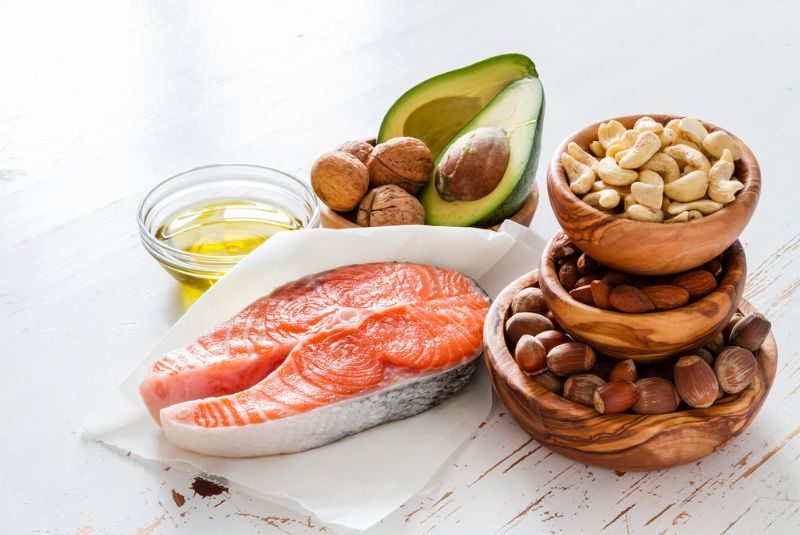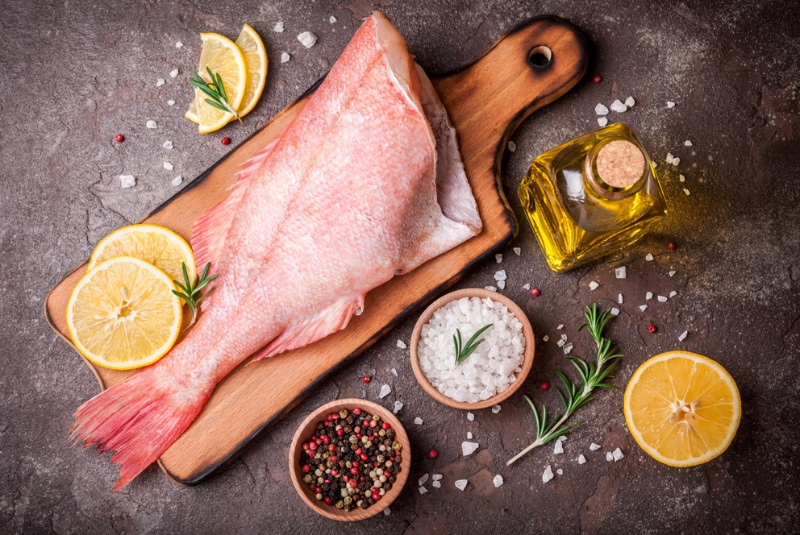Veganism has gained a lot of momentum in recent years. You might have a cousin, uncle, friend, or coworker who has made a leap from the typical meat-eating diet to a vegan lifestyle. You might have even made the transition yourself! Those who follow a vegan diet do not consume any meat or animal products. So, they do not eat any dairy, meat, fish, poultry, or eggs. There are many reasons why individuals choose to transition into the vegan diet - it can be for health, ethical, and environmental reasons. It can be for all three of these reasons combined!

Vegans typically eat legumes, vegetables, fruits, nuts, seeds, tofu, and whole grains. Some vegans consume plant-based milks, yogurts, and proteins. There are many dupe recipes vegans use for their nonvegan favorites such as cheese!
The vegan diet can be restrictive because it cuts out major food groups. Since it cuts out major food groups, if a vegan is not careful – he or she can find themselves missing out on major vitamins and nutrients! It is a diet and a lifestyle that needs to be approached with caution and precision to ensure an individual meet all their nutritional needs, so their health does not suffer.
1. Omega-3 Fatty Acids
Omega-3 fatty acids are extremely important for your heart. High amounts of omega-3 fatty acids are found in eggs and fish.
2. Vitamin B12
Vitamin B12 is found in dairy products, fish, eggs, and meat. Vitamin B12 helps keep your body’s nerve and blood cells healthy. It prevents anemia which makes people feel weak, tired, and groggy.
3. Creatine
Creatine helps muscles cells produce energy, promotes muscle growth, and lowers blood sugar. It can even help fight diabetes! For men, it can help boost their testosterone levels. Creatine is found in red meat and fish.




